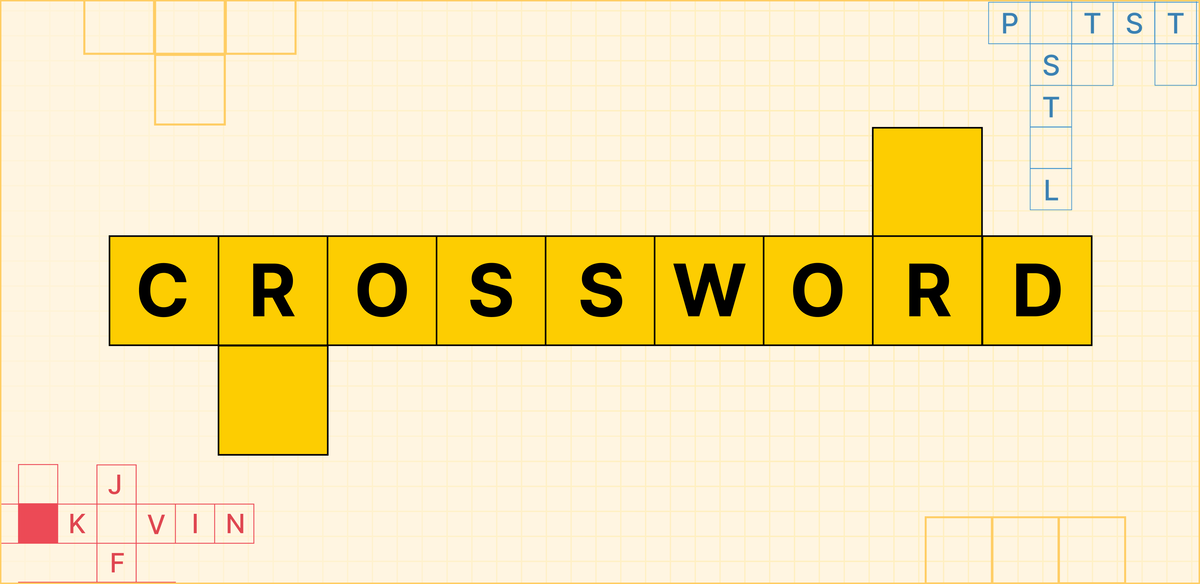
via Imago
Alain Prost

via Imago
Alain Prost
When you are in school or in your college, you are in a set-up where you automatically and promptly report or interact with or look up to a ‘Professor.’
Right?
After all, it’s the ‘Professor’ there who tends to serve the ultimate example to youngsters.
ADVERTISEMENT
Article continues below this ad
In that sense, when you happen to be in Formula 1, whether on the track or off it, you’d much rather listen to one of the sport’s finest names than risk your time indulging in hearsay.
That told, we are part of an age that loves one of the contemporary era’s most frequently-used terms “throwback”. So what could be a bigger throwback than revisiting the passion-fueled and tectonic times where a Senna used to battle Prost?
The nineties were about as different from the current era as is the sound of the dominant turbo-powered engine when compared to the V10s of the nineties.
The Senna‘s, Fangio’, Schumacher’ and Villeneuve’ all drove in times where the lead role was very much in the drivers’ hands, wasn’t it? To that end, the sport today stands in stark contrast to what one saw back in those glory days.
Today Formula 1 stands at the interesting crossroads of technological innovation and driver capability. And it is in these past few years that F1 has gravitated toward technology even more so.

The aerodynamics have changed. The rules, as it is, weren’t in anyways any less complicated. The Drag Reduction System continues to change the fortune of races time and again. The Halo has been introduced and one might agree to what a boon it already seems to have become. Ask Hulkenberg, Grosjean, Alonso and a few others?
It won’t take one to be an Einstein to note that at the behest of an increasing role of technology and the way it’s being allowed to impact a Grand Prix, the seems to be an ever-growing reliance on external or support factors in the sport.
Now, isn’t that correct?
So what’s this done is that it has effectively dampened the pure element of racing seemingly going out of a driver’s immediate control.

Had that not been the case among the world’s most expensive sports then, it can be said, the thrill and grandeur of Formula 1 would’ve been where it once was: at its peak of excitement.
But change is ever constant- right? To that end, Alain Prost, an incredible legend of the game has made a telling observation.
Do you know what the French racing driver, someone whose rivalry with Senna catapulted the sport to the attention of hundreds and thousands in the wider world shared on the sport?
In fact, the Frenchman is off the view that the sport needs less technological explorations and more human interaction. But that said, it’s important to know of any key events pertaining to the above:
ADVERTISEMENT
Article continues below this ad
The sport, according to the famous Frech driver needs the following:
“We are in a period where we have a lot of technology, a lot of data,” says Prost, speaking in the FIA’s in-house AUTO publication.
“That technology is fantastic, and for the major engine manufacturers, it’s very good, as there is more and more a link between society and competition.
ADVERTISEMENT
Article continues below this ad
“Having that, if we talk about the future direction of the sport, then, in my opinion, we should go towards a Formula 1 where there is more ingenuity, where we have more surprises, more strategic possibilities.
“We need to make the sport more human – drivers, engineers. We need to accept the human side, and maybe focus a little bit less on technology,” adds the fomer F1 legend.

Challenge Your Sports Knowledge!
Solve the puzzle and prove your knowledge of iconic players, terms, and moments.

